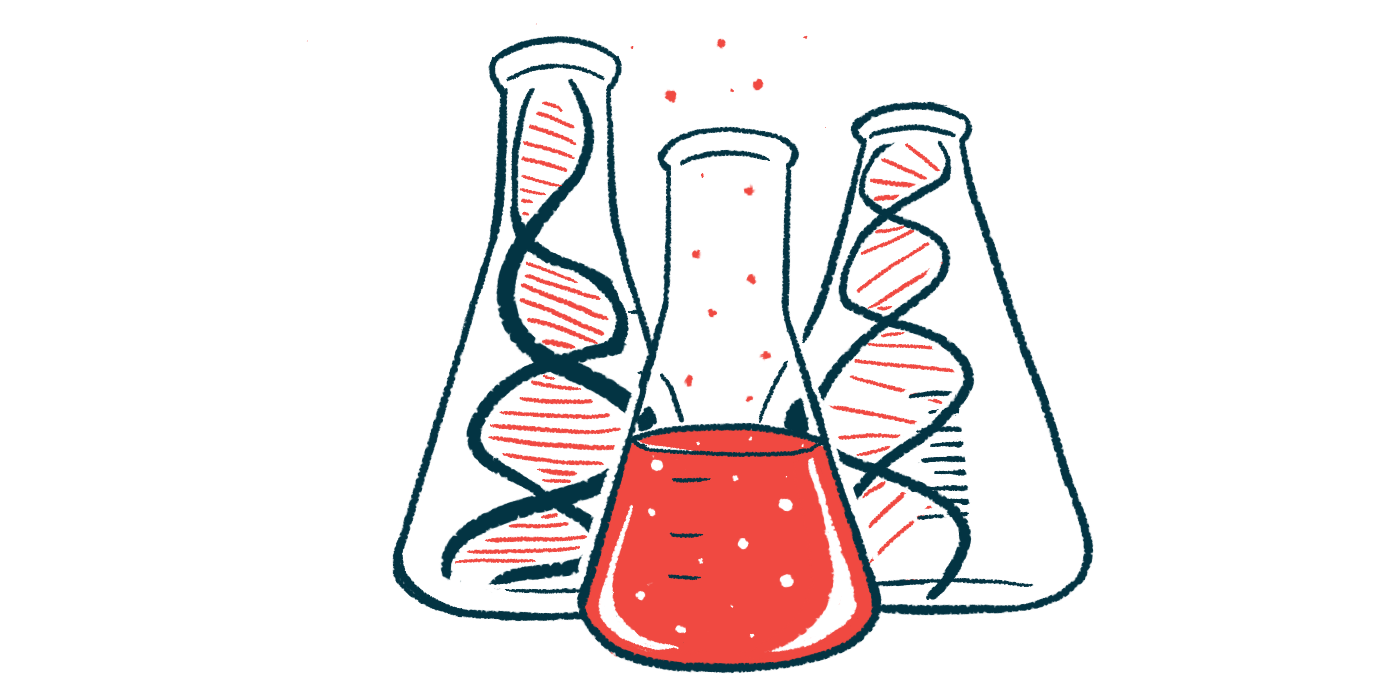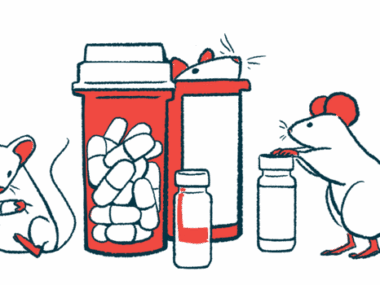Viralgen, Trogenix collaborate on glioblastoma treatment
Viralgen ramps up TGX-007 production as companies move toward testing
Written by |

Contract development and manufacturing organization Viralgen said it has scaled up production of Trogenix’s glioblastoma treatment TGX-007, as the companies move the gene therapy toward clinical testing.
Viralgen said it completed a batch of TGX-007 in less than a year using a good manufacturing practice, a series of protocols intended to ensure a product’s consistency and quality. Viralgen specializes in producing recombinant (human-made) adeno-associated virus (rAAV) gene therapies, which use modified viruses as vectors to deliver genetic material into cells.
“Our expertise in rAAV vector manufacturing and ability to scale allows us to support and accelerate critical clinical therapeutic programs,” Jimmy Vanhove, CEO of Viralgen, said in a company press release. “We are thrilled to contribute to Trogenix’s pioneering approach in oncology gene therapy, which has potential for curative responses in glioblastoma and other cancers.”
An aggressive type of brain cancer, glioblastoma forms in support cells of the central nervous system, which includes the brain and spinal cord. Current treatment approaches for these tumors include surgery, chemotherapy, and radiation therapy.
“Glioblastoma, the most common form of brain cancer, is a devastating disease with very poor prognosis and few treatment options for patients,” said Ken Macnamara, PhD, CEO of Trogenix. “At Trogenix, our aim is to transform cancer treatment from chronic disease management to a potentially curative one-time treatment.”
Glioblastoma treatment aims to deliver genetic information to cells
TGX-007, the company’s lead candidate for glioblastoma, consists of specialized genetic information packaged into an engineered viral vector. After the harmless virus is injected at the site of the tumor, it will enter cells and deliver the genetic information, acting as a Trojan horse, according to Trogenix.
The genetic package consists of three main parts: a synthetic super-enhancer (SSE), which is an engineered DNA regulatory element that’s only activated in diseased cells, and two therapeutic payloads.
Molecules that are only found in cancerous cells bind and activate the SSE, which then drives the expression, or production, of the payloads. This allows the SSE to act like a switch, specifically recognizing and triggering the destruction of tumor cells while leaving healthy cells unharmed.
The two payloads provide instructions for the creation of two proteins. One is an enzyme designed to convert an oral prodrug into a cancer-killing agent to destroy cancerous cells, while the other is a protein that helps the immune system mount an immune response against the tumor.
Trogenix uses a proprietary platform called Odysseus to analyze tumor cells and design candidate SSEs, which can then be tested in cells and animal models.
The partnership with Viralgen aims to enable Trogenix to ramp up production for the first clinical tests of TGX-007. In addition to manufacturing, Viralgen’s gene-specific titration methods and custom formulation buffer will further support the therapy’s development, the companies said.
“By collaborating with Viralgen, we can rapidly scale product supply and bring the therapy to patients as quickly as possible,” Macnamara said.







